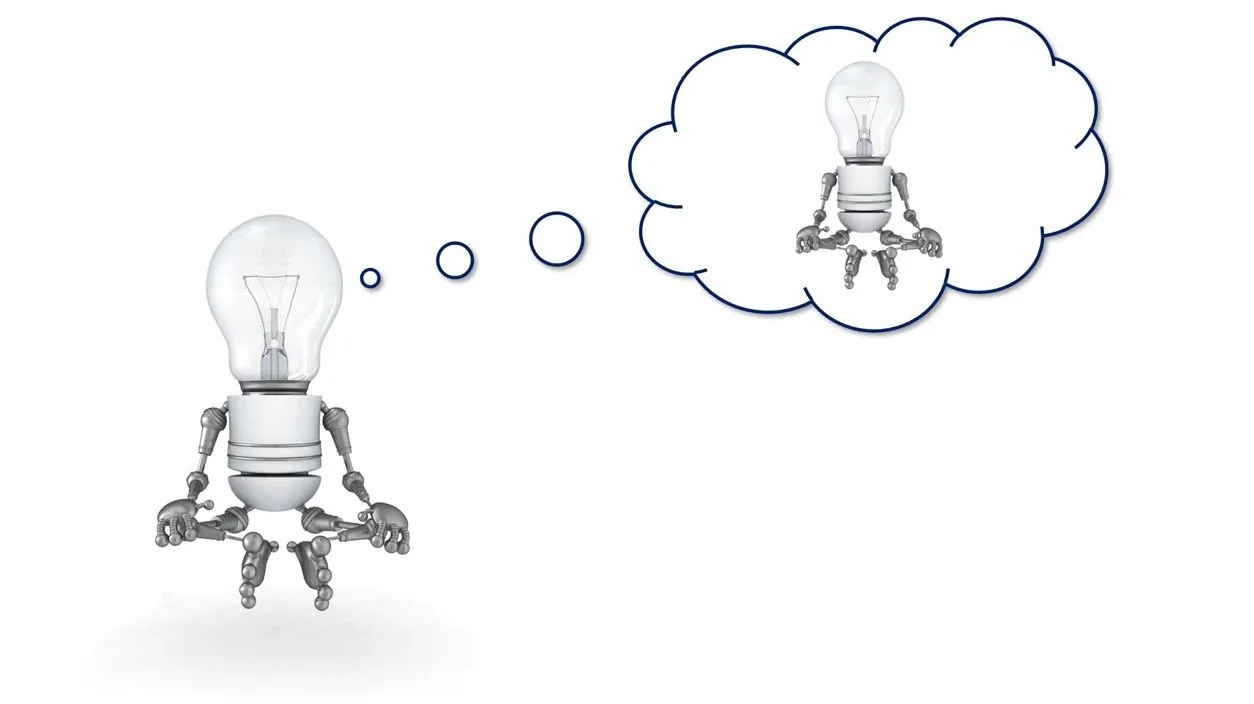



 Tech & IT
Tech & IT
 Business
Business
 Coding & Developer
Coding & Developer
 Finance & Accounting
Finance & Accounting
 Academics
Academics
 Office Applications
Office Applications
 Art & Design
Art & Design
 Marketing
Marketing
 Health & Wellness
Health & Wellness
 Sounds & Music
Sounds & Music
 Lifestyle
Lifestyle
 Photography
Photography
More Learnfly
Business Solution Become an InstructorSelf-hypnosis is a technique where an individual induces a state of focused attention and heightened suggestibility in oneself. It's used for relaxation, personal development, or addressing specific concerns by employing hypnotic principles without external guidance.












Learn more topics in various categories at one place. Explore unlimited courses in other categories and up-skill yourself today.

 Jazeb Akram
Jazeb Akram 4.2 771160 Beginner Level

 John Hedengren
John Hedengren 4.1 569064 All Level

 Ranjan Pandey
Ranjan Pandey 4.1 346731 All Level

 Muhammad Ahsan Pervaiz
Muhammad Ahsan Pervaiz 4.2 101338 All Level

 Pieter Vliegenthart
Pieter Vliegenthart 4.6 100918 All Level

 Jerome P.
Jerome P. 4.8 100882 All Level

 Senol Atac
Senol Atac 4.9 100093 All Level

 Vikas Munjal
Vikas Munjal 4.8 100066 Beginner Level

 Avinash A
Avinash A 4.8 100015 All Level
.jpg)
 K.N. Sharma
K.N. Sharma74 Lectures Beginner Level

 K.N. Sharma
K.N. Sharma31 Lectures Beginner Level

 Gilad James, PhD
Gilad James, PhD14 Lectures Beginner Level

 Robin Hills
Robin Hills15 Lectures Beginner Level
Self-hypnosis is a technique where an individual induces a state of focused attention and heightened suggestibility in themselves. It involves using relaxation, concentration, and suggestion to achieve a desired change in behavior, thought patterns, or emotional state.
People practice self-hypnosis for various reasons, including stress reduction, overcoming fears or phobias, improving focus and concentration, managing pain, enhancing performance, and promoting positive behavioral changes, such as smoking cessation or weight loss.
Self-hypnosis typically involves finding a quiet and comfortable environment, focusing on a specific goal or suggestion, and inducing a state of deep relaxation. Techniques may include guided imagery, affirmations, or repetitive statements to influence the subconscious mind.
The effectiveness of self-hypnosis varies among individuals. While some people report positive outcomes, the results are subjective and not guaranteed. Self-hypnosis is generally considered safe when practiced responsibly, but it may not be suitable for everyone, and individuals with certain mental health conditions should consult a healthcare professional before attempting it.
Learning self-hypnosis often involves finding educational resources, such as books, online tutorials, or audio recordings. Some people may benefit from working with a certified hypnotherapist initially to learn the techniques. Practicing regularly and maintaining a positive and open mindset are key to successful self-hypnosis.





